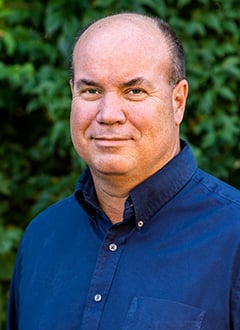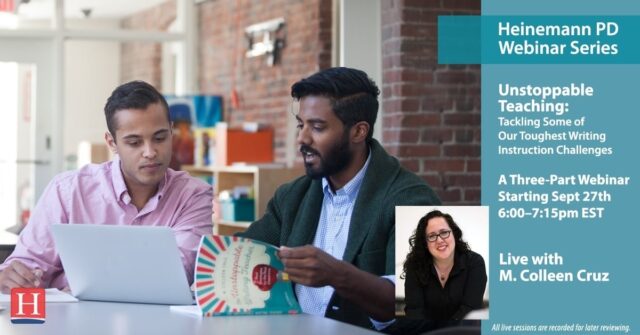An international literacy consultant, Matt frequently speaks on topics related to nurturing writers of all ages, early reading, and supporting children’s intellectual development.
Follow him on Twitter @Mattglover123
 For many years as the author of bestselling Heinemann books such as About the Authors, Study Driven, Already Ready, and In Pictures and In Words, and as a member of Heinemann’s Professional Development Services, Katie Wood Ray gave teachers resources and PD that transformed writing instruction and helped children discover a lifelong love of writing.
For many years as the author of bestselling Heinemann books such as About the Authors, Study Driven, Already Ready, and In Pictures and In Words, and as a member of Heinemann’s Professional Development Services, Katie Wood Ray gave teachers resources and PD that transformed writing instruction and helped children discover a lifelong love of writing.
In 2014, Katie “moved to the other side of the desk” and joined the dynamic team of editors at Heinemann where she works closely with authors to craft powerful professional books on a range of literacy topics. Katie is also the series editor for the new Classroom Essentials books from Heinemann. Tasked with bringing foundational, progressive practices to a new generation of teachers, Katie works to ensure that the sharp focus and enhanced design of each book best serve the content. She also teamed up with her longtime collaborator, Lisa Cleaveland, to write one of the first books in the series, A Teacher’s Guide to Getting Started with Beginning Writers.
You can find her on Twitter at @KatieWoodRay.


 Matt Glover
Matt Glover

